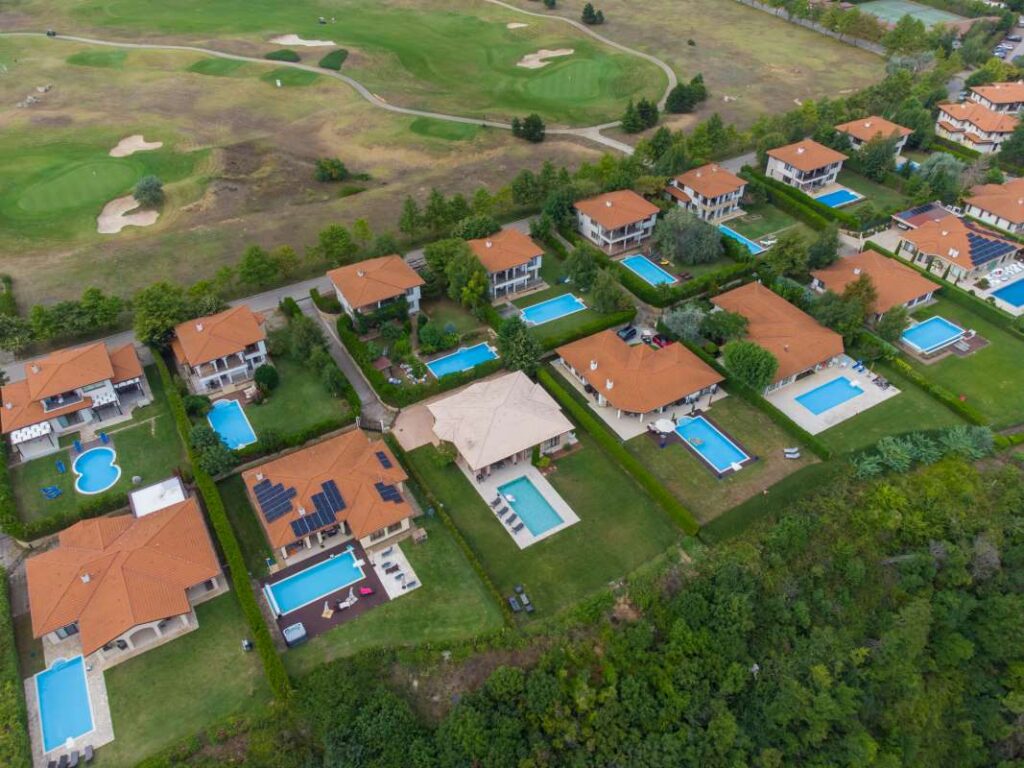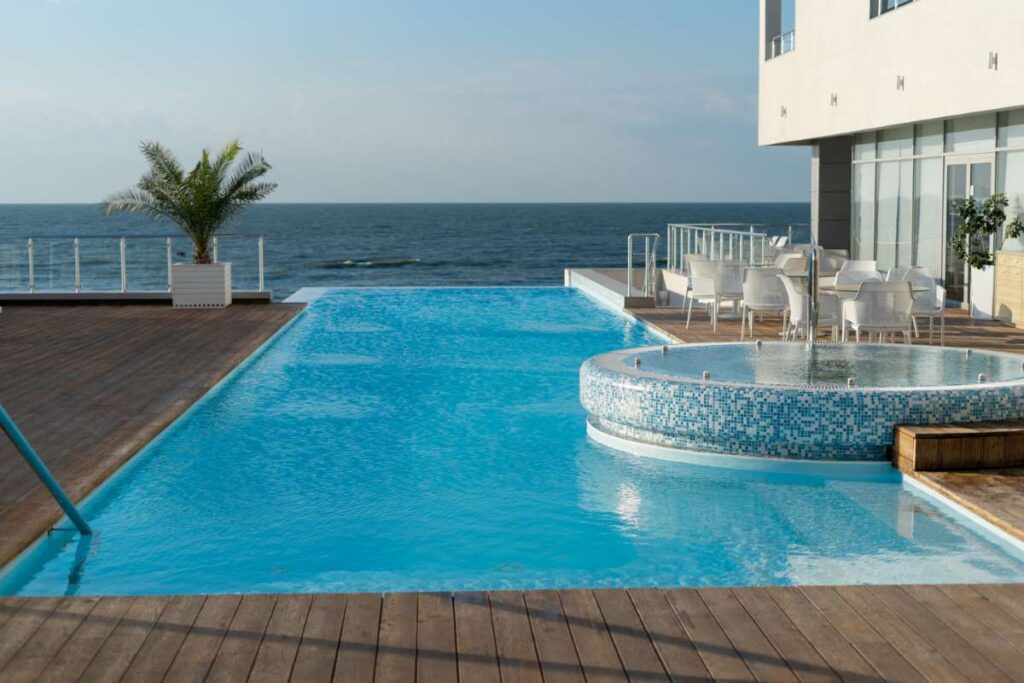Explore the essentials of pool route pricing, from understanding costs to choosing the right route for your business. Get informed and make the best decisions!
Understanding Pool Route Pricing: What You Need to Know
Navigating the world of pool route pricing can be overwhelming, especially for those new to the industry. This comprehensive guide will explore the ins and outs of pool route pricing, discussing factors that influence costs, the benefits of investing in a pool route, and insights on how to maximize your investment. Whether you are considering purchasing a route or already own one, understanding these pricing dynamics is crucial for success in the pool service industry.
Introduction
The swimming pool industry has seen significant growth over the past few decades, and with that growth comes the opportunity for entrepreneurial individuals to enter the market through pool routes. A pool route involves a series of service accounts where a technician or business provides maintenance, cleaning, and repair services to residential and commercial swimming pools. Understanding pool route pricing is vital for anyone looking to buy a route, as it directly impacts potential revenue and business sustainability.
In this blog post, we will break down the key components of pool route pricing, including how routes are valued, the factors that affect pricing, and the overall benefits of investing in pool routes. We’ll also provide insights into Superior Pool Routes and the support they offer for aspiring pool route owners.
What Influences Pool Route Pricing?
1. Monthly Billing Rates
One of the most significant factors influencing pool route pricing is the average monthly billing rate for accounts. This can vary widely based on geographical location, the size of the pools serviced, and the complexity of the services provided. In general, average monthly billing rates range from $100 to $200 per account.
-
Location Matters: For instance, in Florida, the average monthly billing may be around $100, whereas in Texas, it could rise to about $150. This difference can significantly affect the overall valuation of a route.
-
Account Types: The types of accounts included in a route—whether residential or commercial—also play a critical role in determining monthly billing. Commercial accounts typically command higher rates due to the increased service demands.
Understanding these billing rates can help prospective buyers evaluate the potential return on investment for purchasing a pool route.
2. Number of Accounts
The number of accounts included in a pool route directly correlates with its pricing. As per the pricing structure at Superior Pool Routes, routes with a higher number of accounts can be purchased at a lower multiplier of monthly billing. For example:
- 40+ accounts: priced at 6 times the monthly billing.
- 30-39 accounts: priced at 6.5 times the monthly billing.
- 20-29 accounts: priced at 7 times the monthly billing.
This tiered pricing structure encourages buyers to invest in larger routes for better value. Understanding this pricing strategy can help buyers determine what fits their budget while maximizing potential earnings.
3. Route Density and Geography
The geographical distribution of accounts in a pool route also affects pricing. Routes that are densely packed within a specific area can reduce travel time and operational costs. This efficiency is often reflected in a higher value for the route.
-
Service Area: For instance, a route consisting of 20 accounts clustered within a few neighborhoods can be more valuable than a similar route spread across a larger area, requiring more travel time.
-
Regional Demand: High-demand regions for pool services, such as Florida or California, often see higher valuations for routes due to increased customer bases and competition for service providers.
4. Competition and Market Saturation
The competitive landscape of the pool service industry in a given area can significantly influence pool route pricing. If the market is saturated with service providers, prices may be driven down, impacting the overall value of routes.
-
Local Competition: Areas with numerous established pool service companies may present challenges for new entrants, making it crucial to understand the competitive dynamics before purchasing a route.
-
Reputation and Brand Strength: Well-established brands may command higher prices due to their reputations and customer loyalty, which can be critical factors when considering an investment.
The Benefits of Investing in Pool Routes
1. Steady Revenue Stream
One of the most compelling reasons to invest in pool routes is the potential for a steady and recurring revenue stream. Pool maintenance is a regular service that requires monthly visits, which means consistent income for route owners.
-
Predictable Cash Flow: With contracts in place, owners can forecast earnings more accurately, aiding in financial planning and stability.
-
Client Retention: Establishing long-term relationships with clients can lead to increased service referrals and upselling opportunities.
2. Scalability
Owning a pool route offers scalability potential. As you establish your presence and grow your client base, you can expand your operations by acquiring additional routes or hiring employees to service more accounts.
-
Growing Your Business: With Superior Pool Routes, buyers can select the number of accounts they want to start with, allowing them to scale their operations gradually and sustainably.
-
Diversifying Services: Pool route owners can diversify their services to include repairs, renovations, and retail sales of pool supplies, increasing overall profitability.
3. Training and Support
Investing in a pool route doesn’t just mean buying a list of clients; it often comes with valuable training and support. Companies like Superior Pool Routes provide extensive training programs, including:
-
Pool-School: An online platform with video content designed to enhance knowledge and expertise in pool maintenance. This resource includes engaging quizzes to reinforce learning.
-
In-Field Training: Hands-on training in key markets ensures that new owners understand the practical aspects of the business.
-
Continuous Support: Buyers have access to ongoing support from experienced professionals, ensuring they feel confident in managing their routes.
4. Low Entry Barriers
Compared to other business ventures, entering the pool service industry through route ownership has relatively low barriers. Many routes can be acquired without the need for extensive capital investment, particularly when purchasing existing routes at competitive prices.
-
Affordable Options: Superior Pool Routes offers a range of options, allowing potential owners to choose routes that align with their budget and goals.
-
Flexible Financing: Financing options may also be available, making it easier for aspiring business owners to take the plunge.
How to Choose the Right Pool Route
1. Assess Your Needs and Goals
Before diving into the pool route market, it's crucial to assess your personal and financial goals. Consider factors such as your desired income, the amount of time you can commit, and your willingness to learn about pool maintenance.
-
Lifestyle Considerations: Owning a pool route can be a fulfilling venture, but it requires time and effort. Evaluate whether you want a part-time opportunity or a full-time business.
-
Income Projections: Review potential income based on account numbers and billing rates to ensure alignment with your financial goals.
2. Conduct Market Research
Research the local market to understand demand for pool services and competition. This information will help you identify ideal regions to purchase routes.
-
Local Trends: Look for areas with increasing numbers of swimming pools, as this indicates potential growth in the pool service industry.
-
Customer Profiles: Understanding your target customer demographic can also help in tailoring services and marketing efforts effectively.
3. Evaluate Available Routes
When considering available routes, look at multiple factors, including:
-
Account Quality: Ensure the accounts are well-maintained and have a history of low cancellation rates.
-
Price Valuation: Compare the asking price against potential monthly earnings to evaluate whether the investment is worthwhile.
-
Seller Reputation: Check the reputation of the seller to ensure you are buying from a credible source. Superior Pool Routes has a history of successful transactions and satisfied customers.
4. Take Advantage of Training
Choose a route provider that offers comprehensive training and support. This can make a significant difference in your success as a new pool route owner.
-
Structured Programs: Look for companies that provide structured training programs, like Superior Pool Routes, to equip you with essential skills and knowledge.
-
Mentorship: Access to mentorship and ongoing support can help you navigate challenges and build a successful business.
Conclusion
Understanding pool route pricing is essential for anyone considering entering the pool service industry. By recognizing the factors that influence pricing, evaluating the benefits of investing in a pool route, and making informed decisions, you can set yourself up for success in this thriving market.
With over 20,000 accounts sold and unmatched training and support available at Superior Pool Routes, you can confidently navigate the journey of becoming a pool route owner. Whether you’re looking for a steady income stream, scalability, or a fulfilling business venture, investing in a pool route could be your gateway to success.
Take the first step towards your new business today by exploring the pool routes for sale that fit your needs and goals. Your future in the pool service industry awaits!
For more information about the process, check out our Pool Routes How It Works page or contact us directly for personalized assistance.



